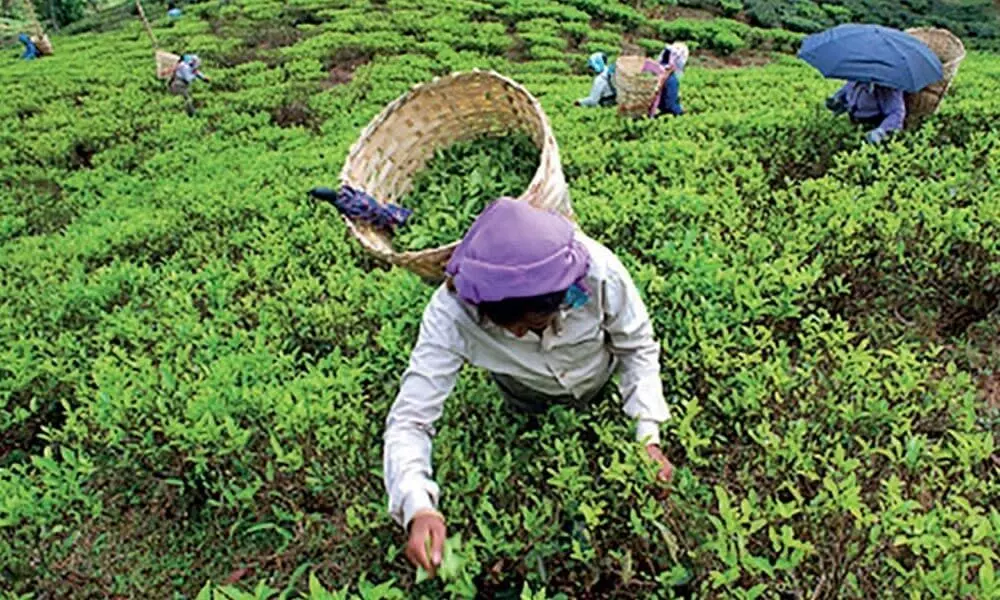Declining prices: Focus on quality may save the day for tea producers
India’s domestic tea prices had witnessed a considerable uptick in FY21, thanks to a significant supply-demand mismatch. While tea prices remained strong in Q1 FY22 as well, it started sliding with the onset of the peak production months of the current year.
image for illustrative purpose

India's domestic tea prices had witnessed a considerable uptick in FY21, thanks to a significant supply-demand mismatch. While tea prices remained strong in Q1 FY22 as well, it started sliding with the onset of the peak production months of the current year. Average prices at north India auction centres, during H1FY22, were down by nearly Rs 60/kg (nearly 23 per cent) on a Y-o-Y basis. The price decline has however been most in the bought leaf segment, which was down by nearly Rs 77/kg (nearly 33 per cent). For teas produced from own estates, the decline was nearly 20 per cent, with realisations of the top-50 CTC gardens declining by only close to 8.5 per cent in this period. The overall price decline during H1FY22 appears steep, largely due to the base effect. Now, going by current estimates and studies, tea prices in the current year have declined after June, as production has witnessed some recovery from the lows of last year, leading to an ease in the tightness in the supply-demand scenario, which had supported prices in CY20.
It is pertinent to mention here that the tea production in India has increased by 97.52 million kg during January- September period as compared to 2020 and the projected production in calendar 2021 is expected to be around 1360 million kg as compared to 1257 million kg in 2020. Sector analysts are of the view that tea garden owners and tea companies, who are focused on producing quality teas are likely to witness a much lower decline this year, as average auction prices of teas manufactured from own garden leaves of the top 50 estates of Assam and Dooars have witnessed a decline of only 8.5 per cent as against 25 per cent for the overall auction average during H1FY22.
Some tea garden owners think the relentless focus on quality always pays off. Good quality tea will always find a buyer at the end of the day. There are some others, who on their parts, think that not all gardens can produce good quality. Tea is an agricultural product, which deals with many variables. While it is good that some of the estates are being rewarded for their quality, the majority is languishing due to unremunerative prices.
On the whole, tea gardens that focused on quality, have managed to arrest a general decline in prices this year, partly mitigating a steep cost push because of wage hikes. However, one has to keep in mind that wages were hiked mostly in poll bound Bengal and Assam. High prices for good quality are usually more pronounced in a market with an over-supply situation.
In another significant development, the Centre has cracked the whip against inferior imports and their blending with Indian teas to protect the quality and prestige of one of India's most famous exports and domestically most popular brew - tea. The order will impact multinationals and Indian conglomerates along with small blenders and sellers who were economically benefiting from importing cheap but inferior tea. Mind you that the import of teas from Vietnam, Kenya and Nepal has surged in the last few years. Things came to a pass last year when due to the long spell of Covid-induced lockdown, tea production in India fell by around 10 per cent. In the same period, according to Tea Board, imports shot up by 30-40 per cent from these three countries.

